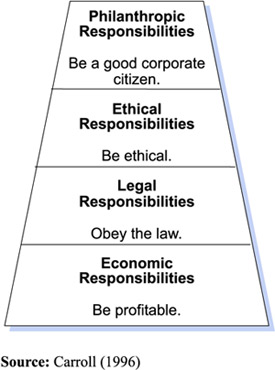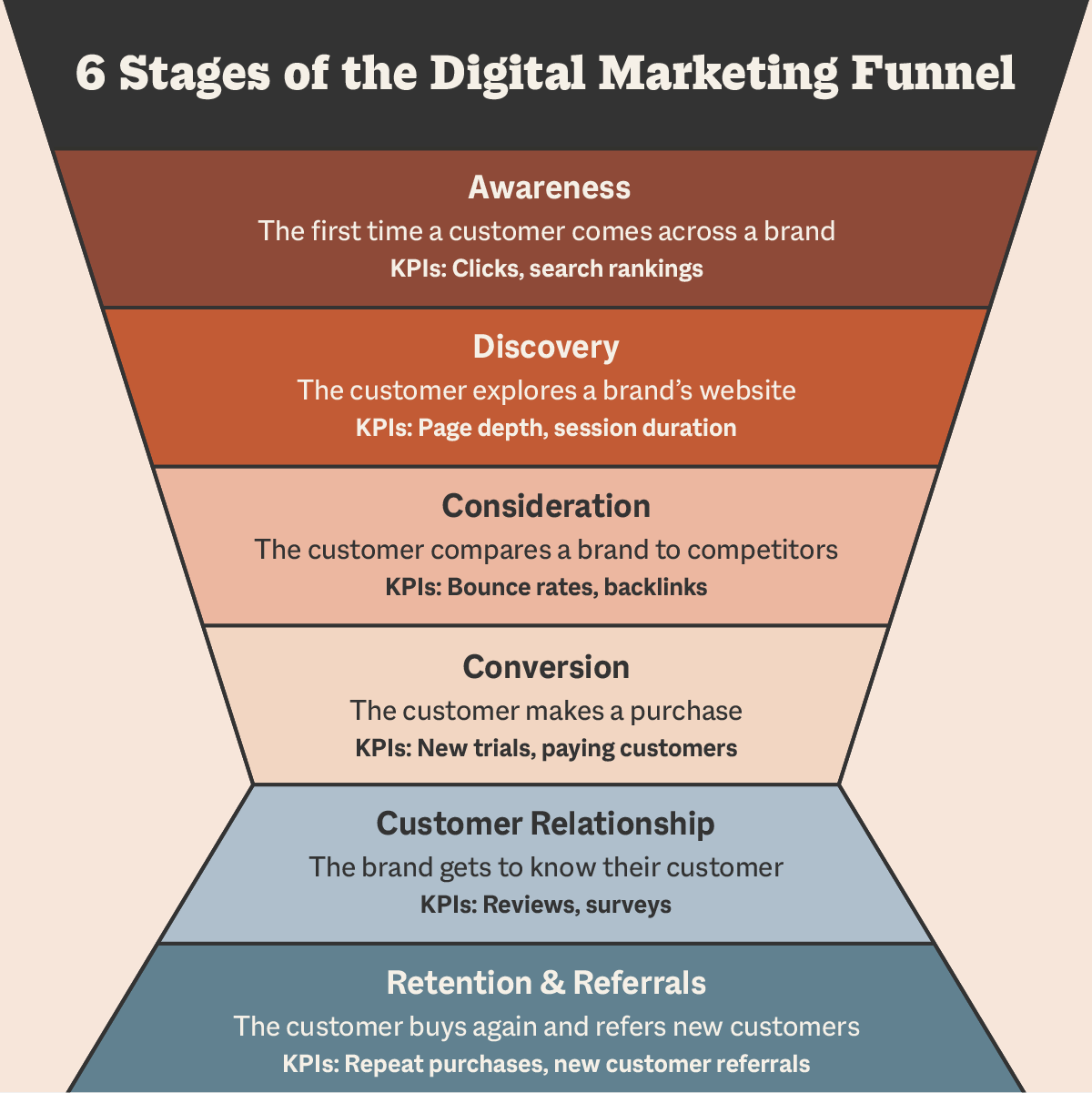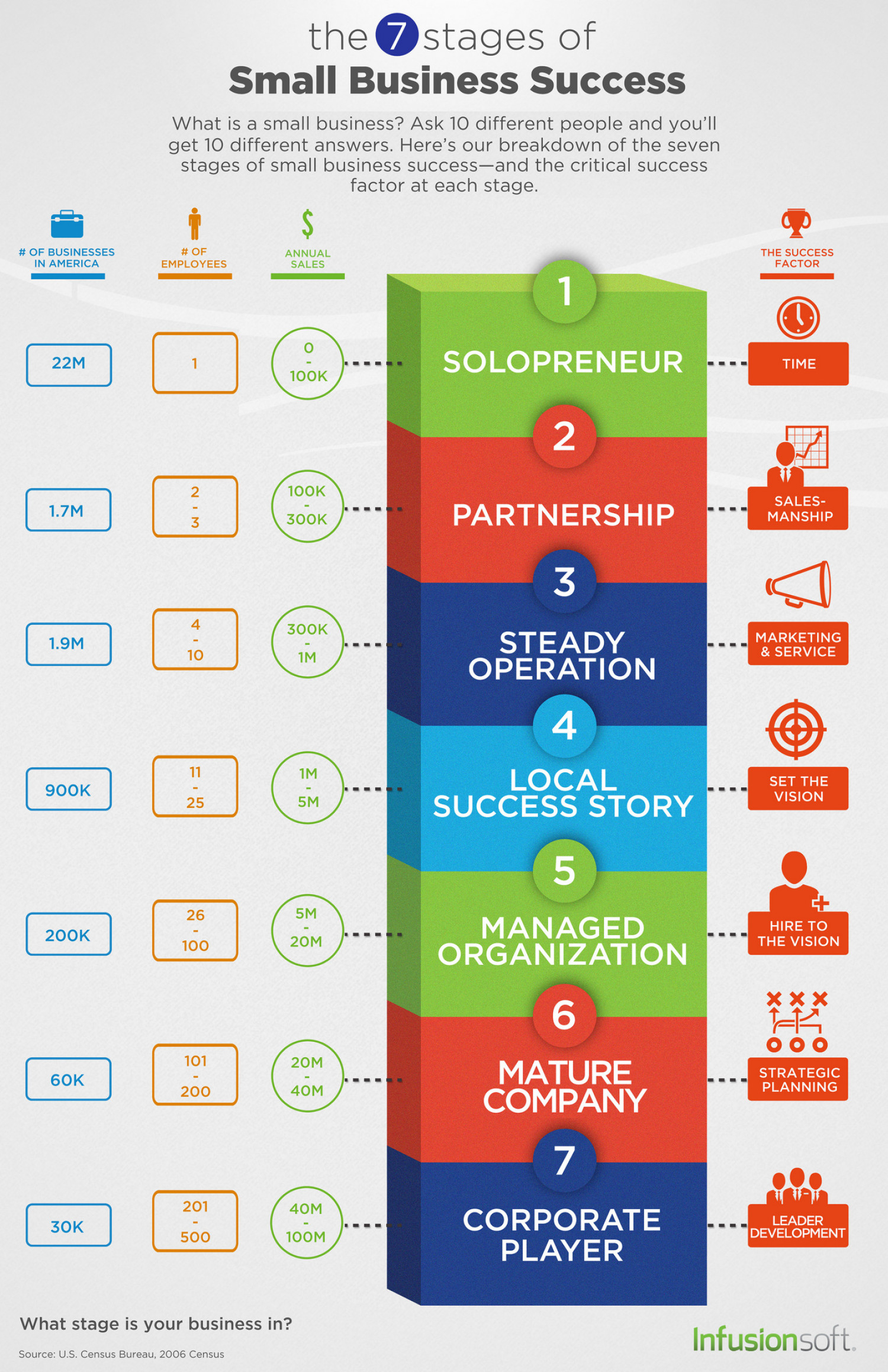Title: CSR – How Business Leaders Can Make a Positive Impact on Society
Meta Description: Discover the power of Corporate Social Responsibility (CSR) and how business leaders can leverage it to make a positive impact on society. Learn practical strategies and real-life examples to inspire your organization’s CSR initiatives.
Introduction:
Corporate Social Responsibility (CSR) has gained significant recognition in recent years as an imperative business practice. It not only benefits society but also creates a positive brand image, enhances employee morale, and contributes to long-term business success. In this blog post, we will explore the potential of CSR and share valuable insights for business leaders looking to make a meaningful impact on society.
1. Understanding CSR:
Corporate Social Responsibility refers to a business’s commitment to contribute to sustainable development by making ethical decisions and taking responsibility for its impact on society and the environment. It aims to go beyond profit-making objectives and actively address social and environmental issues.
2. Identifying Relevant Social Issues:
To start, identify the social issues that align with your business values, industry, and local community. Engage with stakeholders and conduct thorough research to gain insights into the most pressing needs. By understanding these issues, you can design CSR initiatives that have a genuine and lasting impact.
3. Aligning CSR with Business Goals:
Successful business leaders understand the importance of integrating CSR initiatives with their core business goals. By aligning social impact initiatives with the company’s purpose and values, businesses can strengthen their brand identity and engage stakeholders more effectively.
4. Collaboration and Partnerships:
Pooling resources and collaborating with like-minded organizations, NGOs, or government bodies can magnify your CSR efforts. Such partnerships bring together diverse expertise, leverage funding opportunities, and create a more extensive network for social impact. For instance, establishing partnerships with local schools or universities can promote education and skill development initiatives.
5. Employee Engagement:
Harness the power of your workforce by involving employees in your CSR programs. Encourage volunteerism, create employee-driven initiatives, and organize team-building exercises that contribute to society. By fostering a culture of giving back, businesses can boost employee morale, foster a sense of purpose, and attract top talent.
6. Transparency and Reporting:
To build credibility and trust, transparently communicate your CSR activities. Share your progress and impact through regular reporting, either in annual CSR reports or on your website. Use compelling stories and data-driven metrics to showcase how your initiatives are making a difference in society.
7. Continuous Improvement:
CSR is an ongoing journey, and business leaders must constantly evaluate and improve their initiatives. Regularly gather feedback from stakeholders, measure the effectiveness of your programs, and adapt accordingly. This iterative approach ensures that your efforts remain relevant and impactful.
Conclusion:
Corporate Social Responsibility is more than just a buzzword; it provides a unique opportunity for business leaders to make a positive impact on society while driving sustainable growth. By understanding the social issues, aligning with business goals, fostering collaboration, engaging employees, ensuring transparency, and continuously improving, business leaders can lead the way in creating a better world for everyone. Embracing CSR is not only the right thing to do, but it also has tangible benefits for businesses, employees, and society as a whole. Start your CSR journey today and contribute to a brighter future!
Note: This blog post is optimized for SEO, considering relevant keywords like CSR, Corporate Social Responsibility, business leaders, positive impact, and society.











